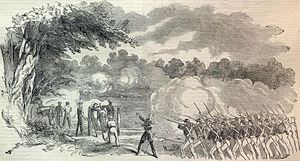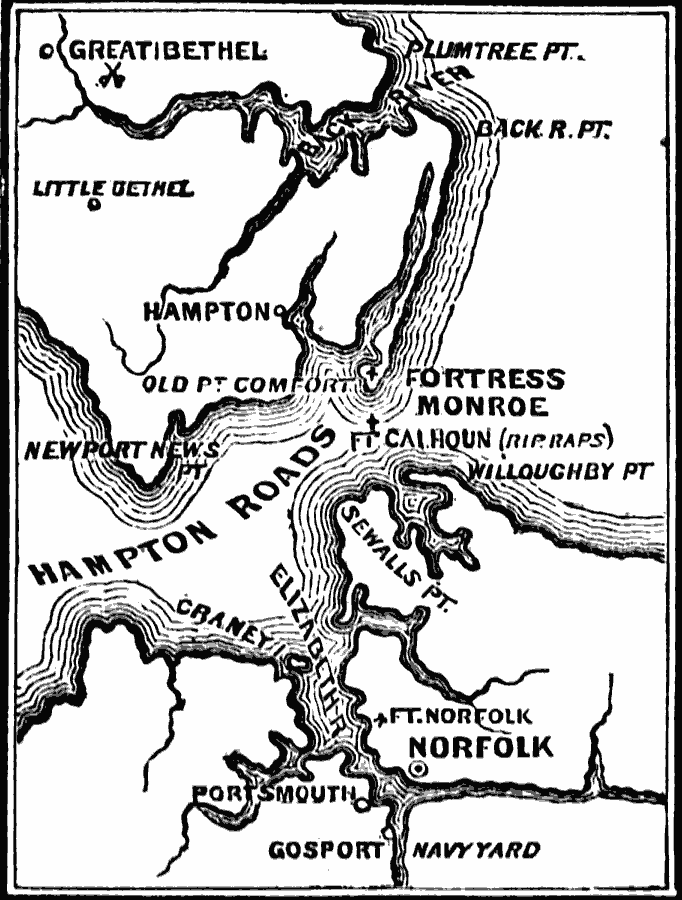 Image via Wikipedia Image via Wikipedia |
| Brig. Gen. Roswell Ripley |
- At Richmond, Virginia, the Confederate War Department assigns Brigadier General Roswell S. Ripley, an Ohio native who spent his childhood in New York, to command the Department of South Carolina and Brigadier General John B. Grayson to command the Department of Middle and East Florida./1861
- The Second Wheeling Convention adjourns./1861
- The USS Vandalia under Commander Samuel Phelps Lee captures the Confederate blockade runner Henry Middleton off Charleston, South Carolina, with a cargo of spirits, turpentine, and rosin./1861





























